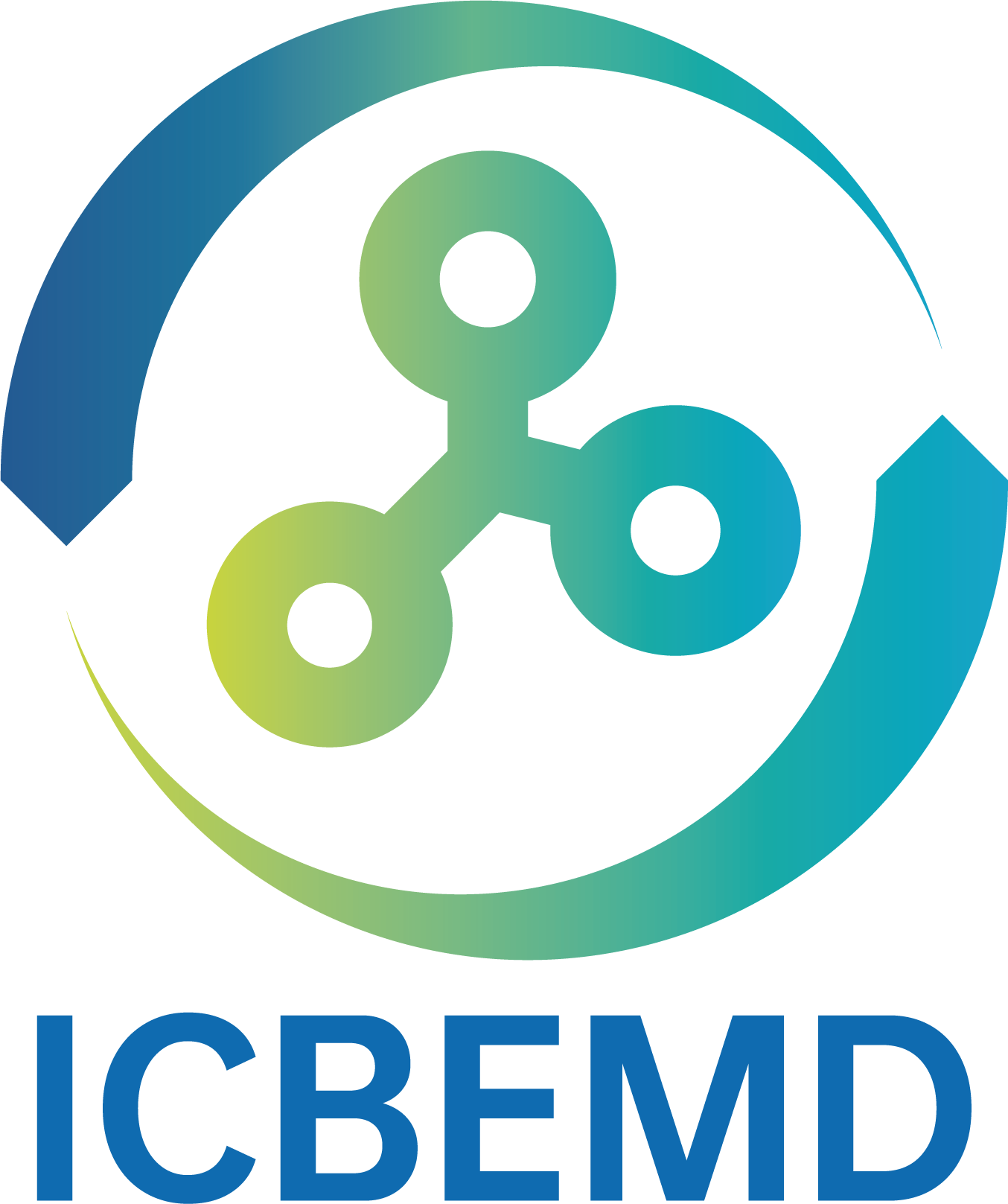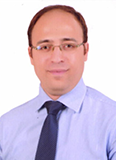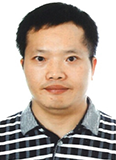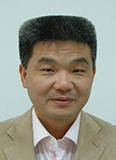
| Prof. Aly El Sheikha, University of Ottawa, CanadaProf. El Sheikha is a specialist in Molecular Biology, Traceability, Food Safety, etc. PhD in "Biotechnology-Microbiology", University Montpellier 2, France, 2010. All academic degrees are equivalent to their counterparts in Canada. Two post-docs [CIRAD, France (2011); Halal Products Research Institute, Malaysia (2012-2013)]. 24 years of experience in the research field as a Principal Investigator, Deputy Leader, Coordinator, and Researcher in several international projects (e.g., Canadian Project “NSERC-CRD-474638-14”; Recently, Prof. El Sheikha visited the University of Ottawa (uOttawa) in Canada as a Visiting Professor to establish scientific cooperation between the University of Ottawa (uOttawa) and Jiangxi Agricultural University (JXAU). Most Significant Contributions: - Invented a novel molecular diagnostic method for detecting and identifying pathogenic Candida species. This patent opens up new avenues such as the differentiation between drug-resistant and drug-sensitive strains of infectious fungi within the same species (US Patent No. US 62/964,218: Pending); Winner of numerous international prizes and granted trophy of Agriculture Faculty, UPM, Malaysia. More than 97 publications in international reviews (e.g., Books, Chapters, Articles, etc.) with a total [Accumulated Impact Factor: 221.66; Accumulated Citations: 1978; h-index: 27]. |
Prof. Zhengchun Liu, Central South University, ChinaLiu Zhengchun, doctoral supervisor, director of the Department of Electronics, School of Electronic Information, 531 talents of Central South University, young backbone teachers of ordinary universities in Hunan Province, academic leader of key disciplines of biomedical engineering in Hunan Province during the Twelfth Five-Year Plan, member of bioelectronics Branch of Chinese Institute of Electronics, senior member of China Institute of Micronanotechnology, senior member of Biomedical Engineering Society, the first batch of senior members of chinese chemical society and member of China Society of Biomaterials, Standing Committee member of Hunan Sensing Industry Promotion Technology Committee, deputy editor-in-chief of Chemical Engineering Journal, deputy editor-in-chief of Materials Express and deputy editor-in-chief of Mini-Reviews in Medical Chemistry (included in Bentham Science SCI); He has published more than 50 papers in important journals at home and abroad, and his research interests are wearable sensing, microfluidic chips and sensing, intelligent instruments and sensing, and nano-drug loading and sensing. |
|
| Prof. Gangmin Ning, Zhejiang University, ChinaProfessor Ning Gang, Ph.D. in Biomedical Engineering from Ilmenau University of Technology, Germany in 2001, is a professor and doctoral supervisor in the Department of Biomedical Engineering of Zhejiang University. Vice Chairman of China Microcirculation Society, Deputy Director of Engineering Research Center of Ministry of Education of Electronic Medical Records and Intelligent Expert System, Deputy Head of National Biomedical Engineering Degree Postgraduate Education Cooperation Group, and Visiting Professor of Capital Institute of Physical Education. Senior member of IEEE, senior member of China Biomedical Engineering Society and core member of key innovation team of "Critical Care Medical Technology" in Zhejiang Province. Main research interests: application of artificial intelligence technology in medicine, mathematical model of multi-scale cardiovascular system, intelligent medical instruments and technology. |


